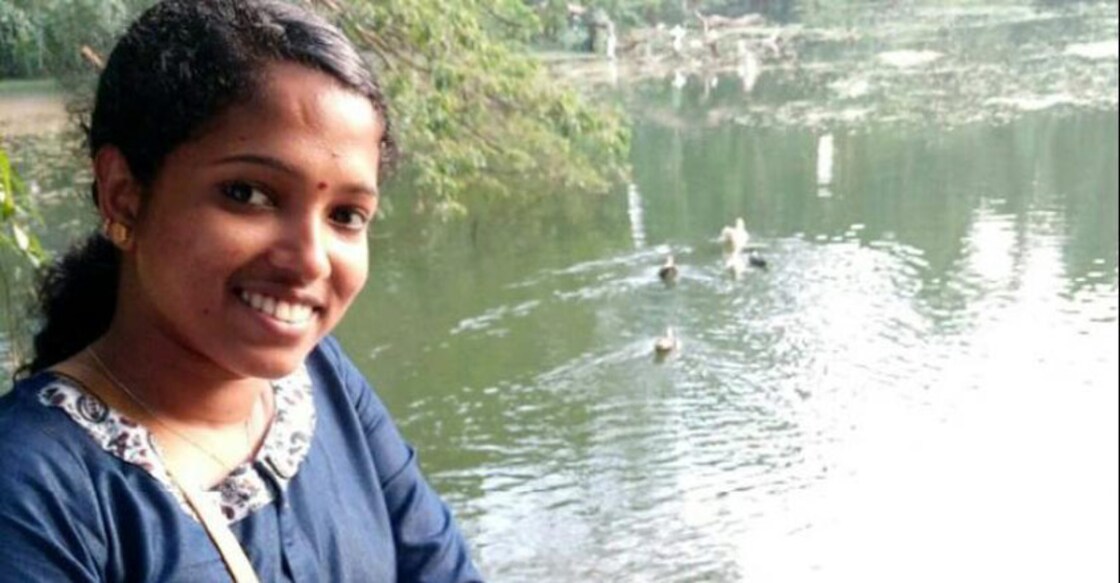Athira murder case likely to be treated as honour killing

Mail This Article
Malappuram: With an Additional Sessions Court in Kottayam declaring the murder of Dalit Christian youth Kevin P Joseph as an incident of ‘honour killing’, there is an increased possibility of the murder of Athira at Areekode to be treated in the same way.
While Kevin was allegedly murdered by his wife’s father and brother, Athira was stabbed to death by her own father following differences in opinion on her marriage, the charge-sheet submitted by the investigation team argued, demanding to consider the crime as an incident of honour killing.
The prosecution filed the charge-sheet pointing to the Supreme Court order to recognise honour killing as a separate offence.
Though the murder of Athira was taken place two months before the killing of Kevin, the trial is yet to commence in the case as the post of judge at the Manjeri First Class Additional Sessions Court has been lying vacant for the past several months.
The 22-year-old Athira was stabbed to death by her father Rajan, 42, of Poovathikand Palathingal Veettil, Areekode, on March 22, a day before she was to marry her lover Brijesh, a Dalit Army man.
Athira was working as a paramedical staff at the Manjeri Medical College Hospital. Athira and Brijesh met when the latter came to a hospital for the treatment of his mother, Valli. They fell in love, but Athira's family was against the relationship.
The police had taken an initiative to bring the two families together for talks on March 16, where an agreement was reached for the marriage of the two.
The police had summoned both families after they received a complaint from her kin that she had gone missing. Rajan, who vehemently opposed the wedding, was forced to give his consent after the talks mediated by the police. An agreement was reached to conduct the marriage in a temple.
However, on the eve of the wedding day, Rajan picked up a fight with Athira and stabbed her to death.

